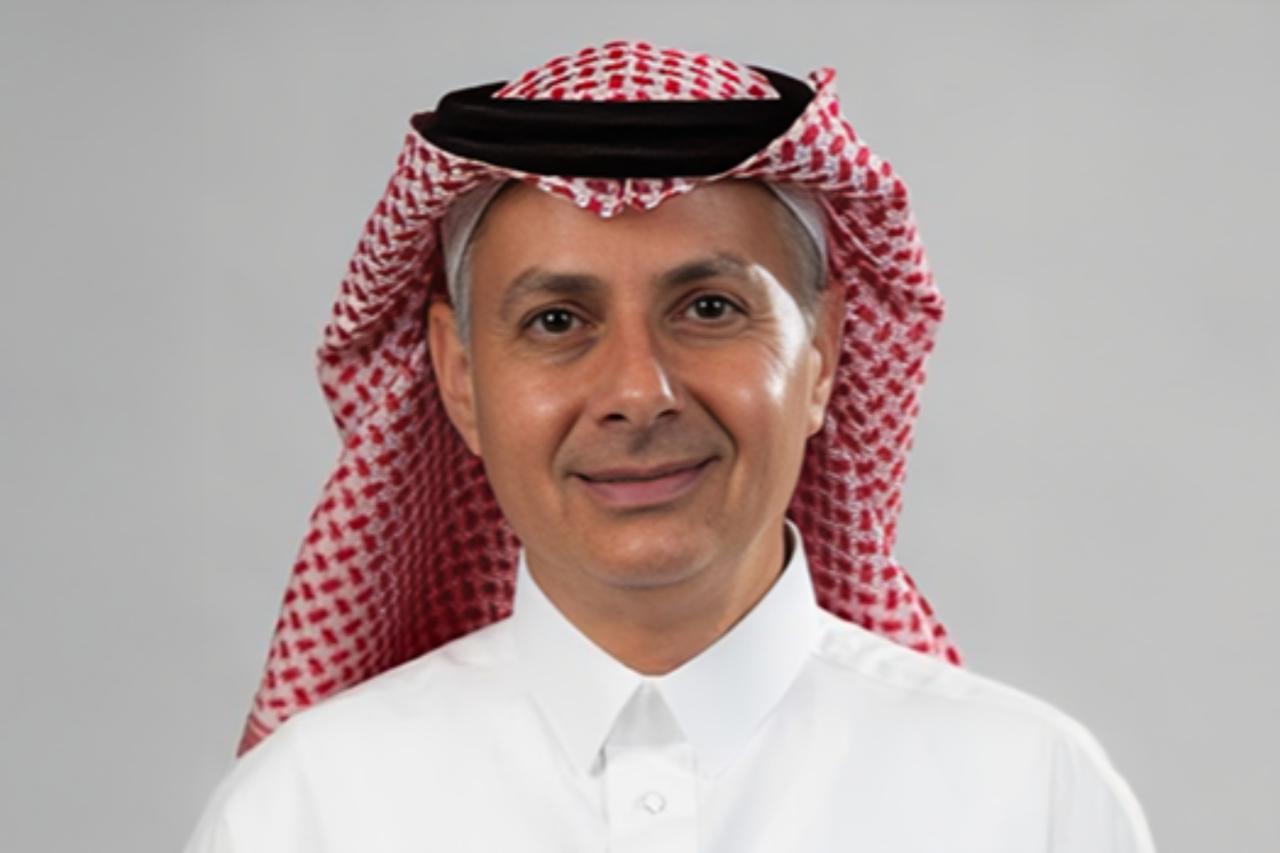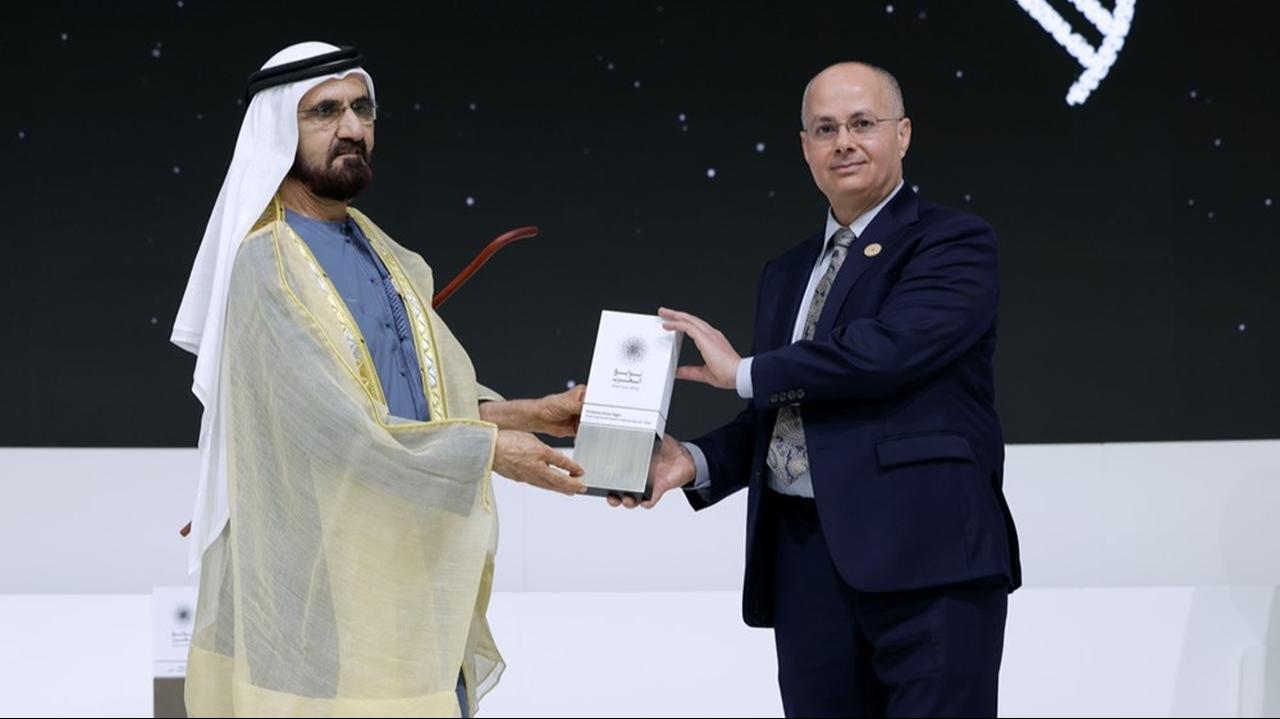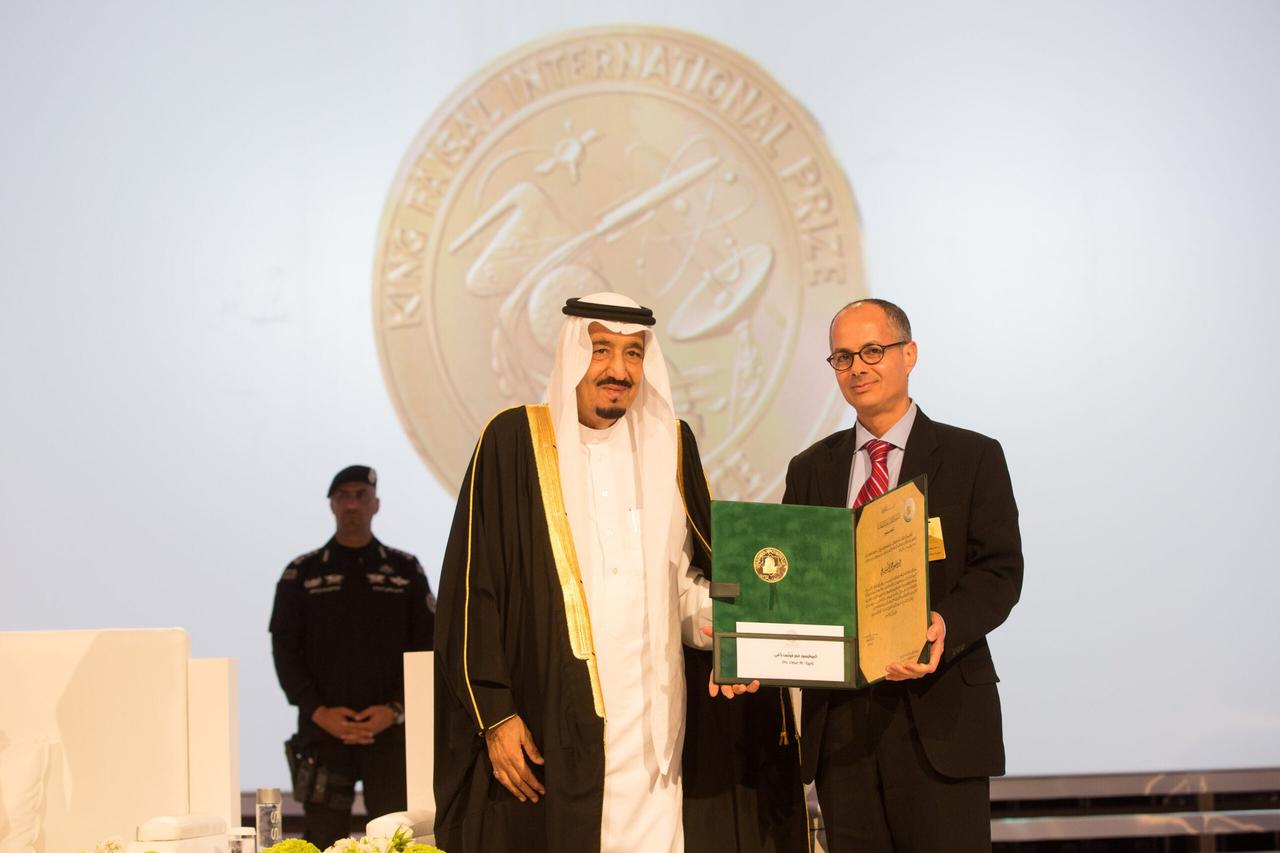
The Nobel Committee announced on Wednesday on its official X account that the 2025 Nobel Prize in Chemistry has been awarded to scientist Omar Mones Yaghi.
The Royal Swedish Academy of Sciences stated that the prize will be shared with Susumu Kitagawa and Richard Robson “for their development of metal-organic frameworks.”
Their work can potentially be applied to addressing some of the planet’s greatest challenges, including carbon dioxide capture.
This could help combat climate change or reduce plastic pollution through chemistry.
The Nobel Prize has a history of over a century, is awarded by the Royal Swedish Academy of Sciences, and comes with the winners sharing 11 million Swedish kronor (approximately $1.2 million).
The Nobel Committee for Chemistry introduced Yaghi as a professor at the University of California, Berkeley, U.S.
He is a Jordanian scientist of Palestinian origin who has held Saudi and American citizenship since 2021.
He was born in Amman, Jordan, in 1965 and earned his PhD from the University of Illinois at Urbana-Champaign in 1990.
Yaghi’s victory has drawn widespread attention due to his diverse background, which has made his achievement widely hailed by numerous countries that were quick to offer their congratulations.

Yaghi had received numerous awards before the Nobel Prize.
He is an elected member of the U.S. National Academy of Sciences (2019) and the German National Academy of Sciences Leopoldina (2022).
He has published over 300 peer-reviewed articles on metal-organic frameworks and covalent organic frameworks.
Professor Yaghi is renowned for his pioneering work in metal-organic frameworks (MOFs) and covalent organic frameworks (COFs).
These materials feature the highest known surface areas to date, making them valuable for hydrogen and methane storage, carbon capture and conversion, water harvesting from desert air, and chemical catalysis, among other applications.

Yaghi’s innovations have contributed to cleaner air, cleaner energy, and cleaner water.
His pioneering research on carbon dioxide capture and hydrogen storage using MOFs and COFs has paved the way toward achieving a “net-zero emissions” goal in the future.
He also developed techniques to extract water from desert air, exemplifying a chemist’s ability to transcend traditional disciplinary boundaries and translate laboratory discoveries into societal solutions.
His team designed prototypes that proved effective in arid regions such as Arizona, demonstrating promising potential to provide clean water anywhere and anytime, granting individuals water independence.
Yaghi’s water-harvesting technology was featured at the World Economic Forum in 2017 as one of the top 10 emerging technologies capable of changing the world.
In 2019, the International Union of Pure and Applied Chemistry (IUPAC) recognized it as one of the 10 most significant achievements in chemistry.